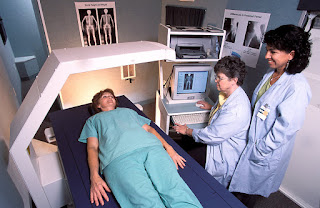What Is a Cardiologist?
A cardiologist is a doctor who specializes in heart care. Heart care may include aspects such as preventing, diagnosing and treating diseases pertaining to the heart or blood vessels. When caring for patients, a cardiologist will review their medical history and complete a physical exam. If these preliminary actions do not lead to conclusive results, a cardiologist may request that additional tests be performed. Some of these tests may include a blood test, an x-ray, or an ECG, just to name a few.
Cardiologists may work in a variety of settings, whether independently or as part of a company, in a small office or a major hospital setting. Cardiologists often work hand-in-hand with other doctors; general physicians are likely to refer patients to a cardiologist for a more in-depth exam if they suspect that something may be amiss. Cardiologists, while all dealing with heart or blood vessel related issues, may specialize in specific areas of cardiology. These areas may include those such as child or adult heart care. Some cardiologists may also choose to specialize in interventional procedures.
How Do You Become a Cardiologist?
As with any career in the medical field, becoming a cardiologist requires years of education and training. Prospective cardiologists must first earn a bachelor's degree, followed by completing a medical school program. After completing medical school, graduates are required to earn a medical license by passing exams that test their knowledge of the field which they are pursuing. Graduates must then complete an internal medicine residency, in which they will learn through observation and hands-on experience within a variety of medical specialties. Once graduates have completed a residency, they are required to complete a cardiology fellowship, in which they will have the opportunity to perform their own research and gain even more hands-on experience. While obtaining a medical license is required, graduates also have the opportunity to earn board certification as well, providing them with even more credibility.
Becoming a cardiologist may seem like a long and stressful process, but with all the experience gained through internal medicine residencies and a cardiovascular fellowship, the process tends to become easier to handle, as long as you are dedicated and continue to strive for success.

No comments:
Post a Comment